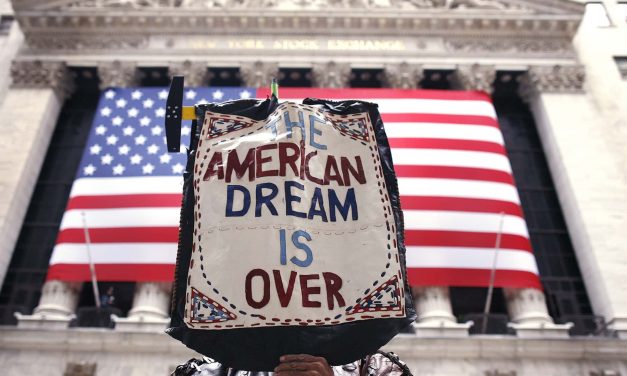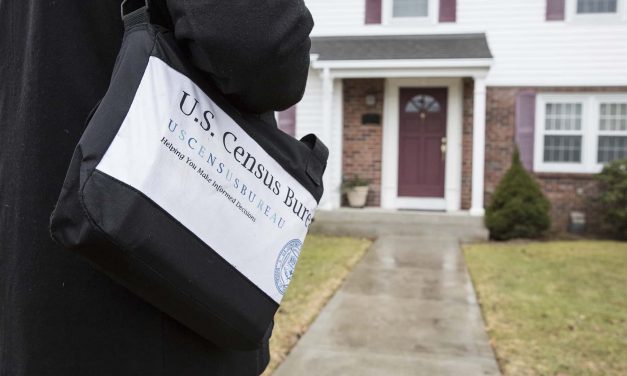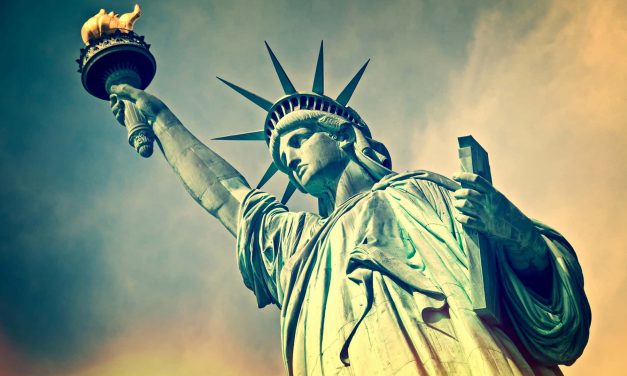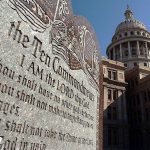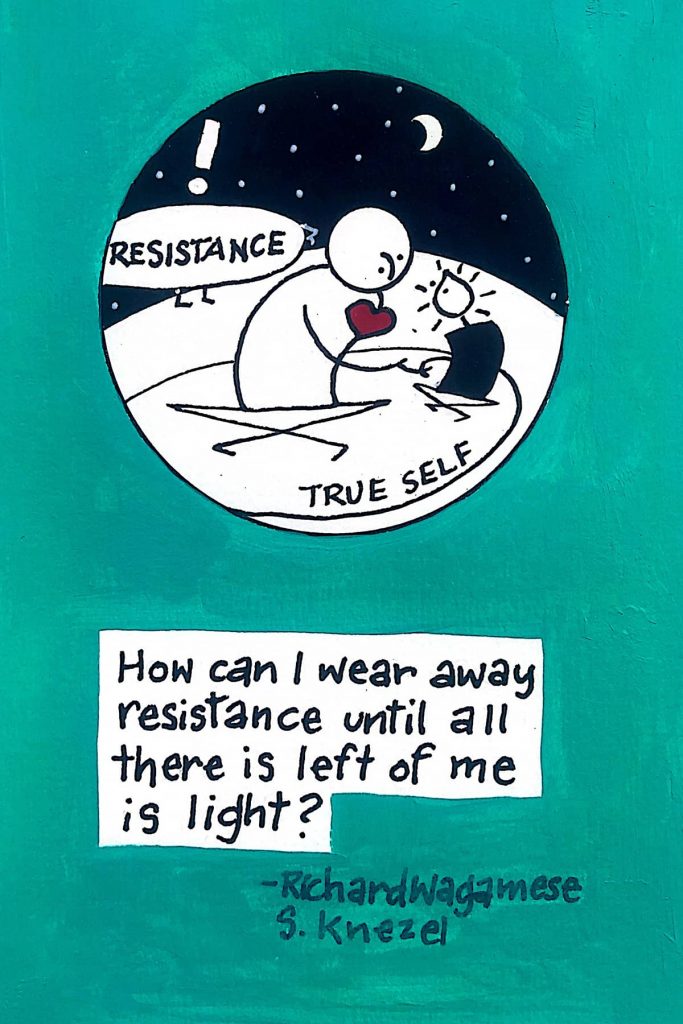A century of hope in the American Dream and a sad reality of its demise for many Americans
By Mechele Dickerson, Professor of Law, University of Texas at Austin The American Dream that has existed in this country is on life support, and for some Americans it may already be dead. While recent consumer confidence surveys indicate that Americans seem somewhat optimistic about the overall economy, most polls and studies show that we are anxious about our own economic futures. Many Americans no longer seem to believe that they will ever be financially secure or stable. The belief that you can succeed financially with hard work and determination has been a core tenet of the American Dream....
Read More
